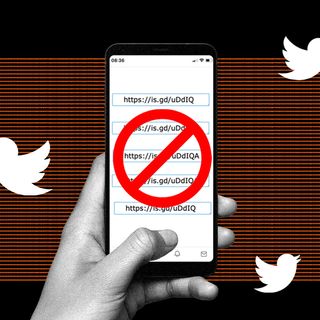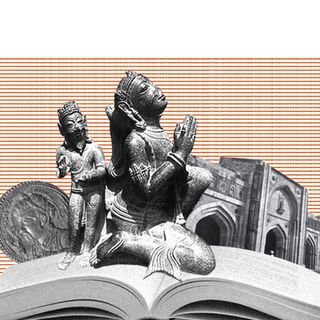The Manipur government has withdrawn an order that prohibited local authorities from setting up food and shelter camps for Myanmar refugees entering the country, NDTV reported Tuesday. The government’s initial decision drew sharp criticism online, with many dubbing the order as “inhumane” and in violation of basic human rights to people displaced by Myanmar’s protests.
The Manipur government’s order was in response to growing violence in neighboring Myanmar, which is in the midst of a military coup since last month. Pro-democracy protesters have taken to the streets to rally against the regime; the agitation and subsequent violence have increased in severity, with Friday being one of the deadliest days to date, as 107 individuals reportedly died in clashes with security forces. Overall, in order to protect themselves from the violence, more than 1,000 refugees have already made their way to Mizoram, which is south of Manipur, since February; continued violence leaves many in need of shelter and safety.
Manipur, which shares its border with Myanmar to the south and east, sent out a notice on March 26 stating those seeking refuge from the neighboring state should be “politely turned away.” It also said that only medical attention can be provided in case of “grievous injuries” on “humanitarian consideration,” and asked local authorities to stop the Aadhar enrolment of refugees immediately.
Days after the order was published, the government walked back on its directive, and has asked officials to submit an ‘action taken report’ on the matter by today, seemingly to indicate that the government hasn’t denied support.
Related on The Swaddle:
J&K Government Rounds Up 168 Rohingya Refugees, Places Them in Holding Centres
“It appears that the contents of the letter have been misconstrued and interpreted differently…,” H. Gyan Prakash, special home secretary to the state government, wrote yesterday in the letter that withdrew the previous order. “The government has been taking all humanitarian steps … including taking [refugees] to Imphal, to treat the injured Myanmarese nationals. The state government continues to provide all aid,” wrote Prakash in response to the criticism.
Myanmar has witnessed widespread protests since February 1, when the military staged a coup to oust civilian leader Aung San Suu Kyi, citing voting fraud and corruption. People registered their opposition to such a military regime, and have heralded anti-military coup protests demanding Suu Kyi’s release and a return to democratic rule. However, the military’s response to the protests, which has reportedly made use of tear gas and shell firing, has led to the deaths of at least 500 people and left many others injured.
Several world leaders have condemned the lethal force used against protesters; a statement issued by the U.S., along with Australia, Canada, Germany, Japan, Denmark, the Kingdom of the Netherlands, New Zealand, the Republic of Korea, and the U.K., asked the military in Myanmar to “follow international standards of military professionalism.”
India, however, did not participate in the global call-out. On the same day that more than 100 protesters were killed, several critics were quick to point out that India’s representative was present at a dinner party in Myanmar’s capital, celebrating the military’s annual parade, along with other countries like Russia, China, Pakistan, and Bangladesh.
Previously, Myanmar’s ambassador to the United Nations appealed to India and its state governments to provide displaced citizens shelter. India, however, has maintained silence on the coup, and put out an early statement on February 1, noting that India had always been “steadfast in its support to the process of democratic transition in Myanmar” and believed that “the rule of law and the democratic process must be upheld.”




